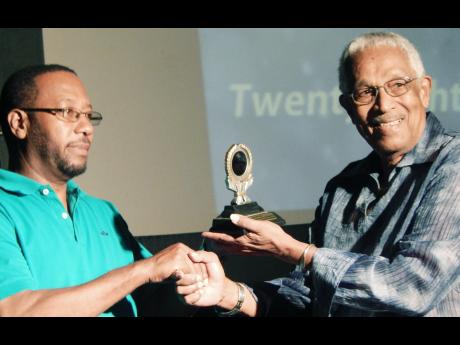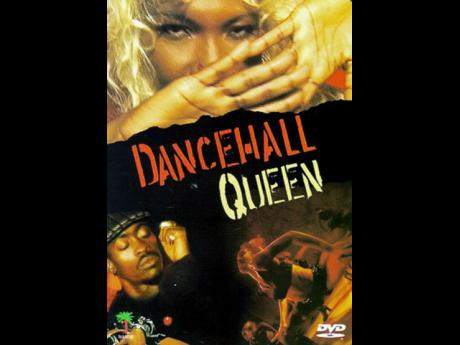Digital democratisation, not devaluation
Confession: I have not paid as much attention to film in general and Jamaican film output in particular as I should have. Sure, in the latter category, I have seen undisputed classics like The Harder They Come, Countryman and Rockers, then the batch that included Dancehall Queen, Third World Cop and my all-time favourite Shottas ("Don't you ever say nutten about banana boat again!"). But in terms of following releases and being able to identify the not-so-prominent actors and directors, I am woefully weak.
However, I am well aware of the medium's power. When I first saw Better Mus Come in Port Royal at the Flashpoint Film Festival, I was moved, enthralled and totally smitten by its engagement with an important era of Jamaican history which has been terribly underexplored in our popular culture. Still, I do not have cable TV, rarely go to the cinema and could not care two hoots about 3D and the shaking set-ups that literally move the viewer as they watch the rumbling and tumbling on screen.
Recent festivals
With the 2015 Greater August Town Film Festival ending last Sunday and the inaugural Jamaica Film Festival beginning on Tuesday, I am compelled to pay more attention to the movie business. Added to that is the animation section scheduled at last Saturday's Kingston on the Edge event at the Shell Bandstand, Hope Gardens, and it is a whole lot of Jamaican film output being screened in a very short time. For good measure, there was also the Northern Caribbean University's 2015 Lignum Vitae Film Festival in April.
I do not know how much of the movies being screened, which vary from shorts to feature length, have been entered in more than one festival. Nor do I know how many of the films which have been screened at major events in the country so far this year are freshly made, or if they were done a long time ago, were probably shown once or twice and are now being officially presented to the public.
What I am confident of (and it is a no-brainer) is that digital technology has made it easier to make films, with equipment getting cheaper and more accessible - which has been evident for a long time with the deluge of music videos (the cell phone has been employed in a couple efforts, to dubious results).
It is a process of democratisation (or, some would argue, devaluation) that Jamaica music has already been through, the watershed moment being the Sleng Teng rhythm of 1985. Eventually, it was possible for just about anyone with a computer and a microphone to make music, which so many have happily done. The overall quality of the resulting output has long been debatable.
Is it now film's turn? In a way, yes, in another, no. The increased output is certainly there, but unlike music, there is a quality control apparatus with film. For by being in a festival, it is assessed by experts on stipulated criteria. Each film actually has to cross the hurdle of submission and acceptance in the first place. Then there is another look-over during the actual screenings, with the general audience confident that what they are seeing has already been deemed as being of a sufficiently high standard by those who know quality.
In addition, there are not as many outlets for film which reach the audience directly, as is the case with music. Sure, there is the Internet, but it is nowhere near as effective in reaching the consumer as radio. The director and producer may put up the whole film or parts thereof on the Internet as they please, but having people actually watch it is another thing.
The reach of our films
In addition, there is no film equivalent to the dancehall space and sound system, where there is an established network of dedicated independent players who comprise an informal but entrenched and very powerful network.
While there are those who will argue that this makes Jamaican film have less reach than our popular music, I am not totally averse to quality control. With all the best intentions in the universe, there are simply many bad creators who will make a bad product and then claim to being give 'a fight' when the inferior quality is pointed out. It has hurt our music and, while I am very happy with the increased film output, we cannot allow this free-for-all approach to creep into what may just be shaping up to be the shot in the arm Jamaican film needs to 'buss' big and consistently.





